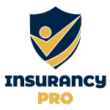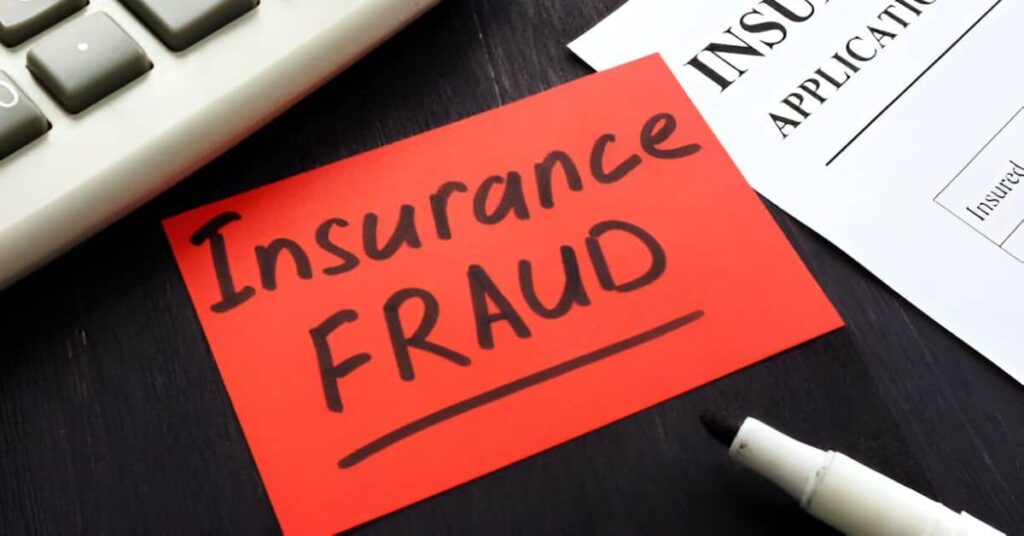How to Avoid Common Insurance Scams and Traps (Don’t Get Fooled Like I Did)
Table of Contents
It started with a phone call.
A friendly-sounding agent offered me a “limited-time health insurance plan” with great coverage for half the price. I was tired of paying so much, so I listened. He had all the right answers.
I signed up. Paid upfront.
A month later, I went to the hospital, and they said my insurance wasn’t valid.
That’s how I lost nearly $300 and learned the hard way that insurance scams are real, and increasingly clever.
If you’re buying insurance of any kind (car, health, life, home), here’s how to spot the red flags and protect your money.
1. If It Sounds Too Good to Be True, It Probably Is
Scammers prey on people looking for lower premiums and better deals. Their plans often include:
- Extremely low monthly rates
- “Limited-time” urgency
- No clear policy details
Always ask for written documentation and verify the company before paying anything.
Tip: Google the company name + “scam” to check for complaints.
2. Beware of Unsolicited Calls & Emails
No real insurance company will:
- Ask for your Social Security or bank info over a cold call
- Pressure you to “sign up now or lose the deal”
- Refuse to send full policy info before payment
Never buy a policy from someone who contacts you out of the blue.
3. Always Read the Fine Print
Even legit insurance companies sometimes hide surprises in the small print:
- Exclusions (what’s NOT covered)
- High deductibles
- Waiting periods
- Automatic renewal terms
Before signing anything, read every line or ask for a simple summary.
If you’re not sure, ask a licensed agent or lawyer to review it.
4. Verify the Agent or Broker’s License
In most countries (and all U.S. states), agents need a valid license. Here’s how to check:
- Visit your national or state insurance regulatory site
- Enter the agent’s name or license number
- Confirm they’re active and authorized
Scammers often use fake names, fake licenses, or pretend to represent big companies.
5. Never Pay in Gift Cards or Cryptocurrency
Some scams ask for “secure” payment via:
- Amazon gift cards
- Crypto wallets
- Wire transfers
These are instant red flags. Real insurers will offer traditional payment methods: credit card, bank transfer, or billing through an online portal.
6. Watch Out for “Healthcare Discount Plans”
These are not real insurance but are marketed to look like it.
They often say:
“We offer massive discounts at hospitals nationwide!”
What they’re really selling is a coupon program, not actual coverage.
Always check if the plan includes a licensed insurance provider and a policy number.
7. Use Official Sources When Searching
When researching insurance:
- Use .gov or .org sites (e.g. healthcare.gov or naic.org)
- Check Better Business Bureau (BBB) ratings
- Avoid random ads with no clear company name
If you’re comparing online, make sure it’s through a well-known comparison site, not an unknown broker.
8. Never Give Out Personal Info Without Verification
Scammers ask for:
- Social Security Number
- Driver’s license
- Credit card info
- Bank account details
Only provide this info after verifying the agent and company through official channels.
Real Customer Story: Maria’s Mistake
“I bought life insurance from a guy who came to my house. He had a website, a badge, everything. Turned out it was all fake. When I tried to cancel, the number didn’t work. I lost $600.”
Even in-person agents can be frauds. Always call the company directly using their official website number to verify an agent’s identity.
Related Articles You’ll Love
Quick Checklist to Avoid Insurance Scams
| ✅ Tip | ✔️ Do This |
|---|---|
| Verify agent license | Check your state/national registry |
| Research the company | Look for reviews, complaints |
| Avoid urgency | Take your time to read & compare |
| Don’t share sensitive info | Unless verified via official contact |
| Use trusted websites | gov/org or known marketplaces |
Final Thoughts About Insurance Scams
Insurance is meant to offer protection, not become a source of stress. Unfortunately, insurance scams have turned it into a financial nightmare for many unsuspecting people.
I learned this the hard way. If I had recognized the warning signs earlier, I could’ve saved not just my money, but also my peace of mind. Scammers prey on trust, using fake claims, shady agents, and misleading offers to trick you.
Now, you know better. Be alert, ask questions, and verify everything. Awareness is your best defense against insurance scams. Stay smart. Stay informed. Stay safe.

